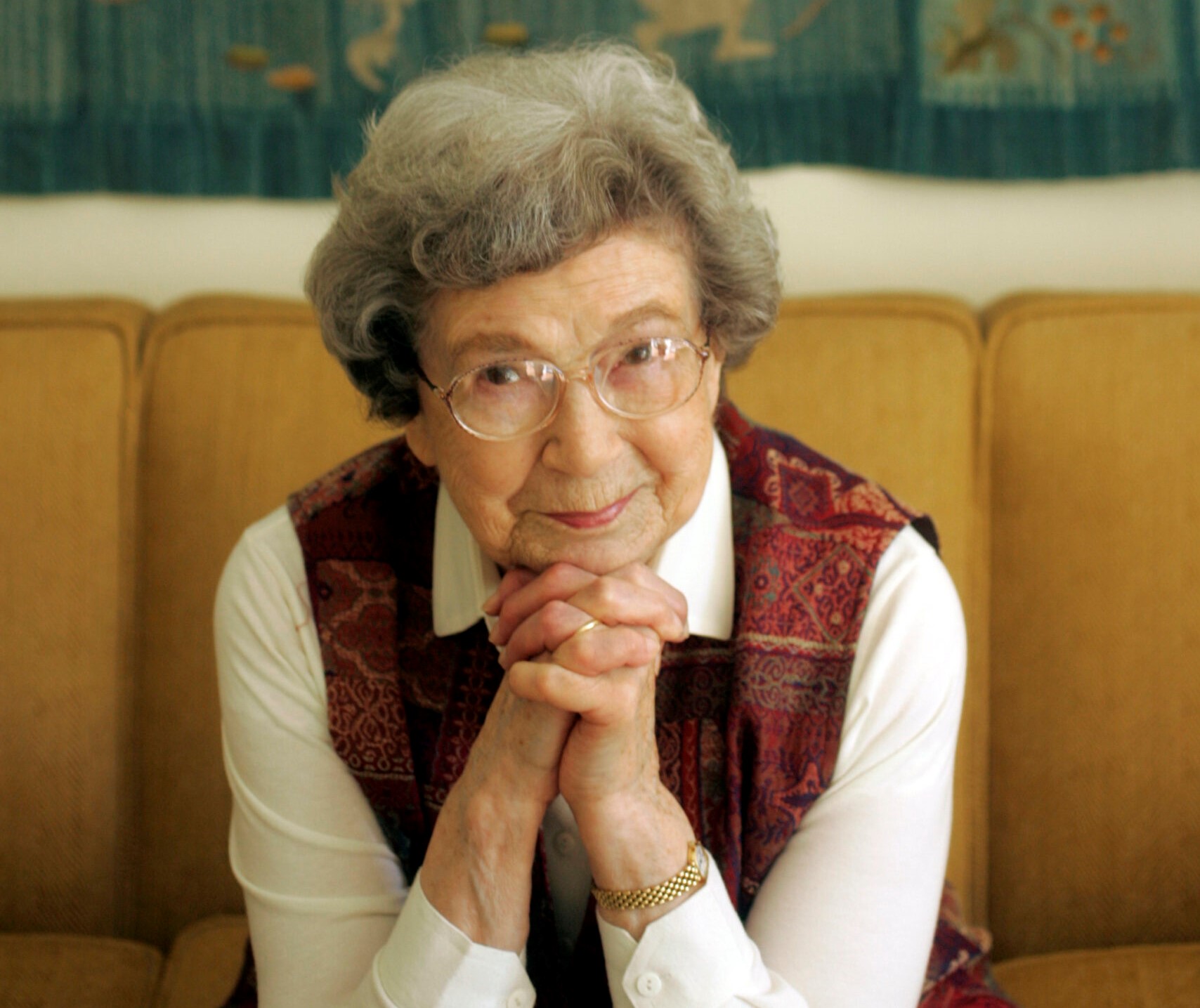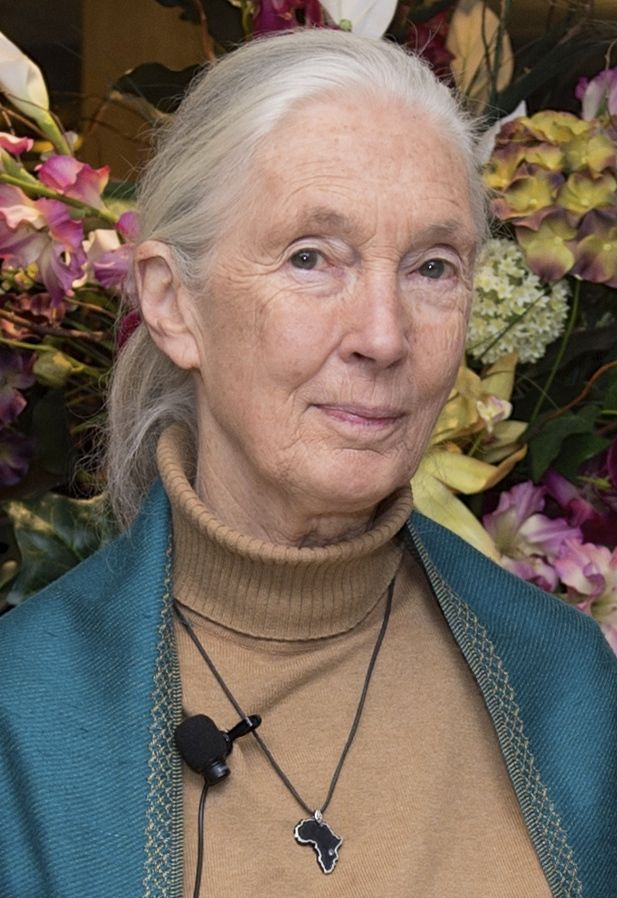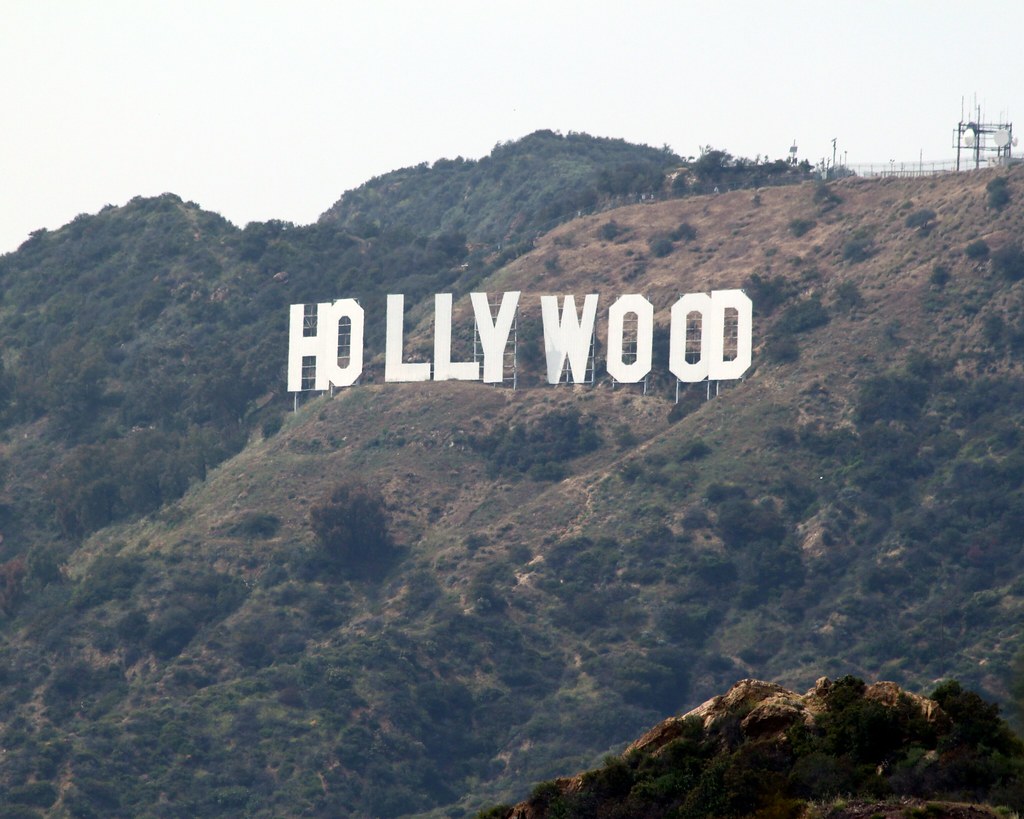
Hollywood is a dream factory, a place where talent can catapult individuals to unimaginable heights of fame and fortune. Yet, it’s also an unforgiving landscape, where the dazzling lights of stardom can be extinguished in an instant. For every success story, there are countless tales of careers that once burned bright, only to flicker and die due to a single, often catastrophic, misstep. The industry operates with a zero-tolerance policy for certain transgressions, especially in an era of heightened public scrutiny and immediate digital repercussions.
These are not stories of slow fades or dwindling opportunities due to a string of bad movies, though those certainly happen. Instead, we delve into the sudden, often brutal, implosions where actors, once poised for greatness, found their paths forward obliterated. Whether through legal troubles, shocking personal revelations, or deeply damaging allegations, their choices and actions irrevocably derailed their stardom, leaving behind a cautionary tale for anyone navigating the treacherous waters of public life.
From violent offenses to allegations of sexual misconduct that shattered carefully crafted public images, the consequences were swift and absolute. Studios and audiences alike severed ties, endorsements vanished, and the momentum built over years evaporated overnight. Join us as we explore the harrowing accounts of these actors who fell from Hollywood’s heights, revealing the exact moments their careers, once seemingly invincible, came crashing down.
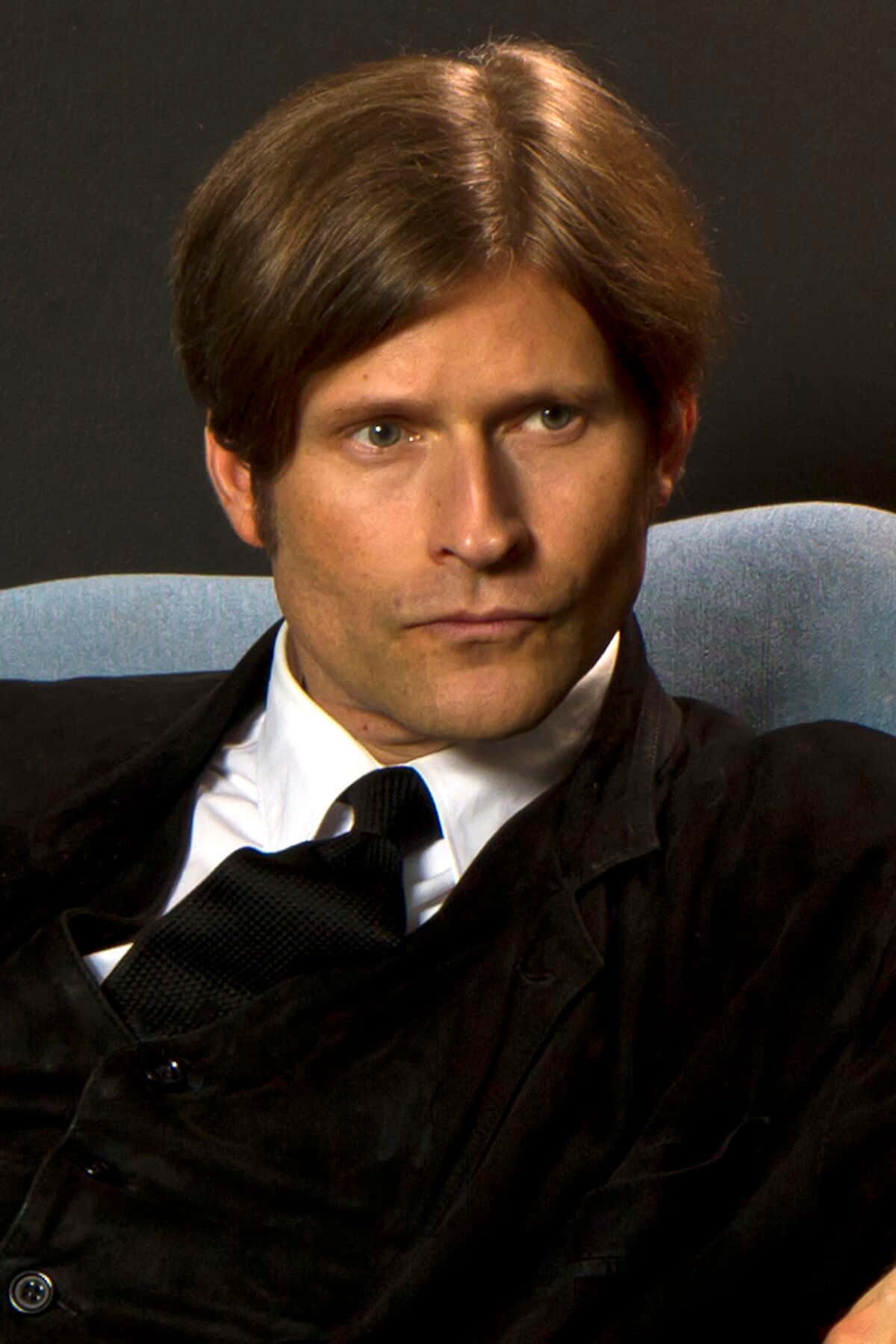
1. **Crispin Glover: The Price of Fierce Independence**
Crispin Glover’s portrayal of George McFly in ‘Back to the Future’ instantly cemented him as a memorable figure in cinematic history. However, his journey through Hollywood was never conventional. From the outset, Glover displayed an uncompromising stance on creative control, a trait that quickly led to clashes with the powerful studio system. This fierce independence, while artistically admirable, often proved to be a double-edged sword in an industry that values conformity.
A headline-making absence from the ‘Back to the Future’ sequel, alongside a subsequent lawsuit over the unauthorized use of his likeness in Part II, solidified his reputation. For many executives, this wasn’t just artistic integrity; it was perceived as being “difficult.” While he never truly vanished, building a distinctive résumé in indie film, theater, and idiosyncratic studio roles such as in ‘Willard’ and ‘Charlie’s Angels,’ this very iconoclasm also kept him at the fringes of mainstream success.
His unique artistic vision and refusal to play by traditional Hollywood rules limited the kind of widespread, top-tier career his early breakout role seemed to promise. Glover’s narrative is a compelling look at how personal artistic choices, even when deeply respected by a niche audience, can prevent an actor from achieving the broad commercial appeal and consistent blockbusters that define mainstream stardom. He chose his path, but it certainly diverged sharply from the expected trajectory of a breakout star.
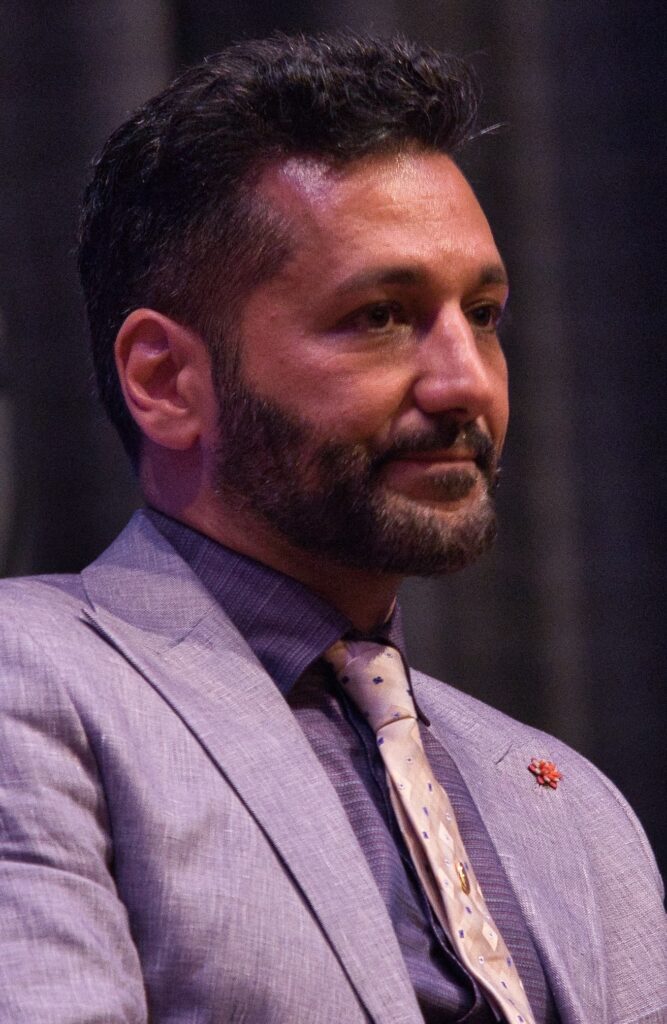
3. **Cas Anvar: Allegations That Sank a Rising Star**
Cas Anvar had successfully risen to prominence as pilot Alex Kamal on ‘The Expanse,’ a science fiction series that boasted a devoted fanbase and was steadily building a significant cultural footprint. His role on the show was his most high-profile to date, positioning him for a significant career acceleration within the genre and beyond. The momentum was palpable, and his future in Hollywood seemed incredibly bright.
However, this promising trajectory came to an abrupt halt in 2020. Multiple serious allegations of sexual misconduct surfaced, prompting an immediate and thorough outside investigation by the show’s producers. The entertainment industry, increasingly sensitive to such claims, acted decisively, understanding the imperative to address these issues head-on. The producers’ commitment to a fair and impartial investigation underscored the gravity of the situation.
The fallout from these allegations was swift and definitive. Anvar exited the series, and his character, Alex Kamal, was surprisingly killed off in the Season 5 finale. Any opportunities that might have naturally sprung from his high-profile role on one of television’s most respected sci-fi shows largely evaporated. With his public image severely damaged, the significant momentum he had meticulously built was permanently stalled, illustrating how quickly even a thriving career can be undone by serious personal allegations.
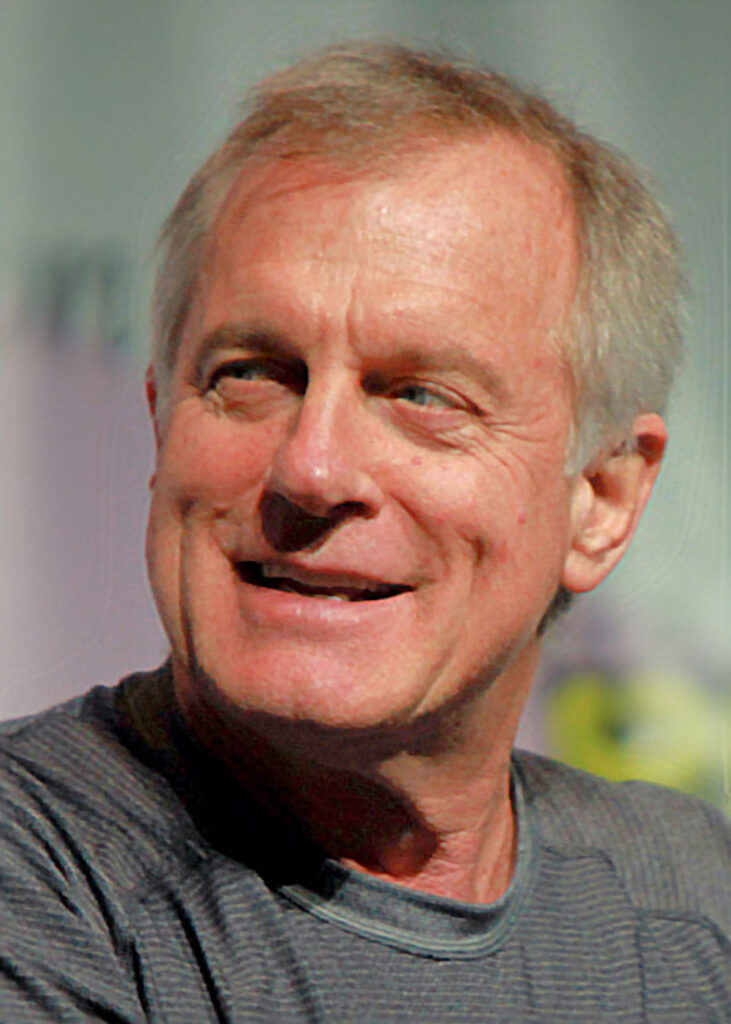
4. **Stephen Collins: The Collapse of a Wholesome Image**
For many years, Stephen Collins was the embodiment of the wholesome, dependable TV patriarch, most famously known for his long-running role on the family-friendly series ‘7th Heaven.’ He cultivated an image of integrity and warmth, making him a beloved figure in countless households. This carefully constructed public persona, however, concealed a dark secret that would ultimately lead to his spectacular downfall and the absolute cessation of his acting career.
That pristine image disintegrated entirely in 2014 when Collins publicly acknowledged past sexual misconduct with minors, dating back decades. This shocking revelation sent seismic waves through Hollywood and shattered the trust of his audience and colleagues. The admission was a profound betrayal of the very image he had projected for so long, and the industry’s response was immediate and uncompromising.
Professional ties were swiftly severed, existing projects were scrapped, and critical syndication deals for ‘7th Heaven’ were paused. Collins effectively withdrew from public life as his reputation became utterly unsalvageable. In practical terms, his public admission ended his acting career with an absolute finality; the industry provided no path back from such a devastating and morally reprehensible revelation, making his story one of complete professional and personal destruction.
Read more about: Replaced on Set: The Casting Decisions That Destroyed These Actors’ Careers
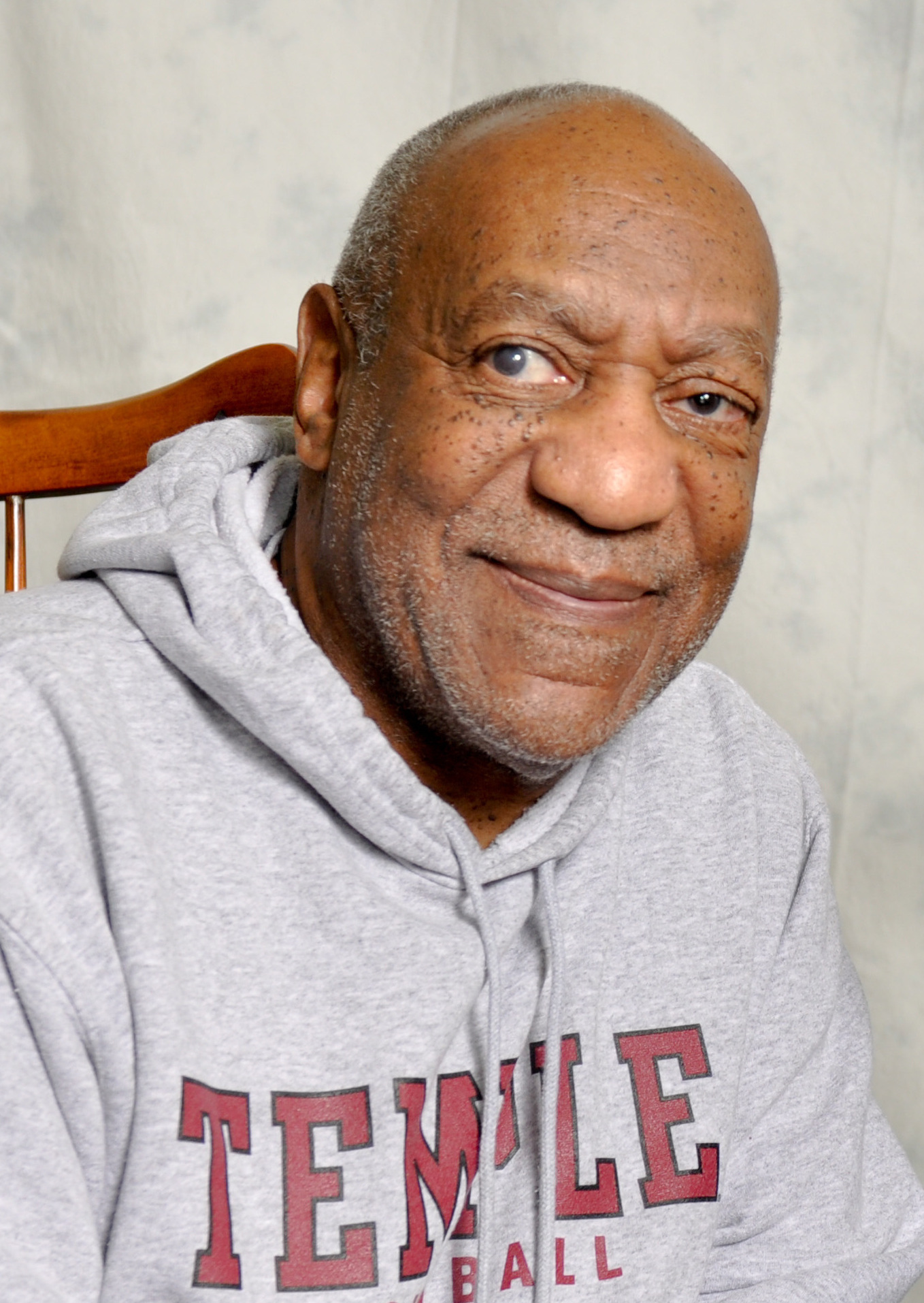
5. **Bill Cosby: America’s Dad Becomes a Pariah**
Bill Cosby’s transformation from “America’s Dad”—a towering figure in comedy and television, beloved for his family-friendly persona and groundbreaking work on ‘The Cosby Show’—to a cultural pariah represents one of the most dramatic and comprehensive collapses in entertainment history. His career was built on an image of warmth, wisdom, and unimpeachable moral character, an image that would be utterly and irreversibly dismantled by a torrent of sexual misconduct accusations.
The accusations began to surface, escalating significantly as dozens of women came forward alleging sexual misconduct by Cosby over many years. This culminated in his conviction in 2018. Although the conviction was later overturned in 2021 on due-process grounds, this legal reversal did little to mitigate the professional consequences or the pervasive public condemnation that had already taken root. Civil cases against him also continued, reinforcing the deep public distrust.
Regardless of courtroom outcomes or procedural nuances, the professional consequences for Cosby have been absolute and catastrophic. Reruns of his once-iconic shows were pulled from airwaves, honorary recognitions were rescinded, and his brand became irrevocably toxic to advertisers, studios, and the public alike. The industry effectively closed the book on a once towering career, demonstrating that some reputational damage is so severe that it transcends legal technicalities and results in permanent professional exile.
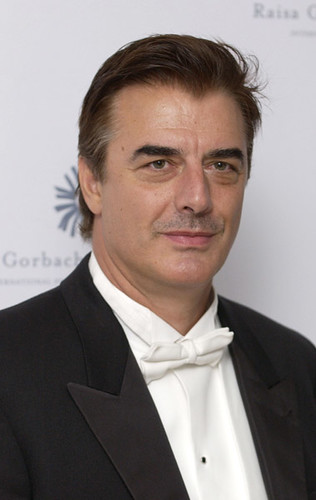
6. **Chris Noth: The Speedy Backlash of a New Era**
Chris Noth was long associated with some of television’s most iconic roles, most notably as Mr. Big in ‘Sex and the City,’ a character that made him a beloved figure to millions. His return to the franchise with ‘And Just Like That…’ in late 2021 should have been a celebratory moment, reinforcing his status in mainstream television. However, he quickly returned to headlines for all the wrong reasons, showcasing the swift and uncompromising nature of modern industry accountability.
In late 2021, multiple women came forward publicly accusing Noth of sexual assault. He denied the allegations, but the professional backlash was immediate and severe. Within days, Noth was dropped from the popular CBS series ‘The Equalizer,’ where he held a significant role, and was also cut from various promotional plans elsewhere, including an advertising campaign that was quickly pulled from circulation. The speed and decisiveness of the industry’s reaction were particularly notable.
This rapid response reflected a new era of significantly lower tolerance for reputational risk within Hollywood. Studios and networks are now acutely aware of the potential for public outrage and the damage that can be inflicted on a brand by association with serious allegations. As a result, Noth’s standing in mainstream TV and film plummeted almost instantaneously, and there has been little, if any, sign of a meaningful career rebound since, leaving his once-stable career in tatters.

7. **Randy Quaid: The Hollywood Star Wackers Conspiracy**
Randy Quaid carved out a distinguished niche in Hollywood, often lauded for his solid comedic performances. From his memorable work in the “Vacation” films to scene-stealing turns in “Kingpin” and “Independence Day,” Quaid showcased a versatility that earned him critical recognition, including an Oscar nomination in 1974. His career seemed robust, marked by a dependable presence in both comedic and dramatic roles, painting the picture of an actor who could navigate various genres with ease.
However, Quaid’s career trajectory took a bizarre and dramatic turn, veering sharply into controversy and legal troubles. The initial signs of public missteps surfaced in September 2009 when he and his wife, Evi, were arrested for failing to pay a $10,000 hotel bill. This was followed by another arrest for squatting in a home they previously owned. These incidents, while unusual for a well-known actor, were merely the prelude to an even stranger narrative that would unfold.
The situation escalated significantly when the Quaids fled to Canada, claiming they were escaping a secret organization known as the “Hollywood Star Wackers.” This cabal, they alleged, was responsible for taking out celebrities or manufacturing scandals to discredit them. In a series of increasingly bizarre public statements, Quaid told the Vancouver press about the mysterious group, claiming that Heath Ledger, David Carradine, and Chris Penn were among their latest victims, leaving many to question his mental state and the future of his career.
Since these outlandish claims, Quaid’s public appearances and professional opportunities have been scarce and often overshadowed by his erratic behavior. In February 2017, he posted a highly unusual video to Twitter, featuring himself with a “mountain-man beard” engaging in bizarre antics with his wife, who was wearing a Rupert Murdoch mask. While there are mentions of a potential comeback role alongside Chevy Chase in “The Christmas Letter,” these incidents collectively cemented his reputation as an outcast, demonstrating how thoroughly controversial behavior can derail a career.
The story of Randy Quaid serves as a compelling and peculiar example of an actor whose career was not ended by criminal conviction or direct misconduct, but by a descent into public eccentricity and unsubstantiated claims that rendered him unemployable in the mainstream industry. His once-promising path was irrevocably altered by a series of choices and claims that made him a liability, rather than an asset, in the highly image-conscious world of Hollywood.
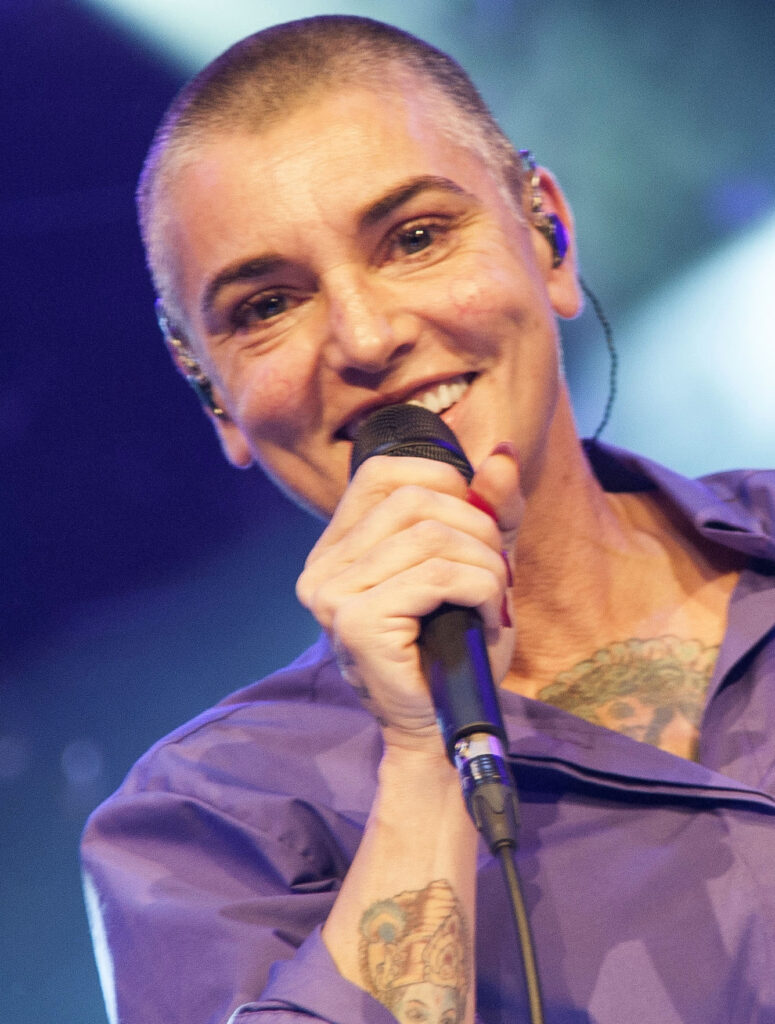
8. **Sinead O’Connor: The Unapologetic Provocateur**
Sinead O’Connor, known for her distinctive bald head and haunting vocals, became an overnight sensation with her global hit, “Nothing Compares 2 U.” Her powerful voice and intense stage presence set her apart, establishing her as a serious and respected artist capable of commanding attention. She was a fixture on the music scene, poised for continued success and a profound impact on pop culture. Yet, a single, highly provocative act would forever redefine her career and public image, proving that sometimes, an artist’s message can cost them everything.
The pivotal moment arrived during her 1992 appearance on “Saturday Night Live.” In a stunning act of defiance, O’Connor tore up a picture of Pope John Paul II during an a cappella performance of Bob Marley’s “War,” famously urging the audience to “Fight the real enemy.” This sacrilegious protest, aimed at exposing child abuse within the Catholic Church, was met with immediate and widespread outrage, propelling her into an unprecedented level of public condemnation that few artists ever experience.
The backlash was swift and severe. O’Connor was banned from “Saturday Night Live” and instantly became reviled by a significant portion of the public. Demonstrations against her included “piles of her records, tapes, and CDs crushed by a steamroller,” symbolizing the public’s desire to erase her from popular culture. Within a year, she effectively “disappeared from the American pop scene” altogether, with her career in tatters, a direct consequence of her bold and uncompromising stance.
While Billboard offered a more nuanced perspective, noting that she did continue to sell albums in subsequent years, none of her songs ever charted on the Hot 100 again. O’Connor embraced her role as a provocateur, explaining in The Washington Post that she “wanted to force a conversation where there was a need for one; that is part of being an artist.” This choice, while artistically driven, fundamentally altered her professional trajectory, shifting her from a mainstream pop star to an outspoken activist operating on the fringes of the industry.
Her story is a powerful testament to the double-edged sword of artistic integrity and public activism, illustrating how a singular, highly controversial statement can lead to professional exile, even for a celebrated and talented artist. Sinead O’Connor chose to prioritize her message over mainstream success, a decision that, while impactful, left her music career in fragments on the floor, right beside that torn photo of the Pope.

9. **Jussie Smollett: The Staged Hate Crime**
Jussie Smollett’s career reached its zenith with his role as Jamal Lyon on the critically acclaimed series “Empire,” which ran from 2015 to 2019. Though he had been working in Hollywood since his debut in “The Mighty Ducks,” it was his compelling performance on “Empire” that propelled him into the spotlight, establishing him as a prominent and beloved celebrity. His future in the entertainment industry seemed limitless, with a growing fanbase and significant cultural impact.
However, this rising trajectory came to a screeching halt in January 2019 when Smollett reported to police that he had been the victim of a racially and homophobically motivated hate crime. He claimed two men physically attacked him, yelling slurs. The report triggered a massive police investigation, costing over $130,000 in expenses and drawing national attention, as the public rallied in support of the seemingly victimized actor.
But the narrative quickly unraveled. Police investigations eventually revealed that the entire incident was a fabrication—a meticulously staged event. Smollett had hired two brothers, Abimbola and Olabinjo Osundairo, to pretend to attack him while screaming provocative phrases, including “This is MAGA country.” The revelation sent shockwaves through the nation, turning public sympathy into widespread outrage and accusations of profound betrayal, demonstrating how deeply staged events can damage public trust.
As a consequence of his actions, Smollett was hit with multiple charges for lying to police and disorderly conduct. He was subsequently found guilty on five of six counts, leading to a 150-day jail sentence, 30 months of probation, and significant fines and restitution totaling $145,000. The fallout was immediate and catastrophic, destroying his credibility and virtually ending his acting career. Since the scandal, he has only secured one minor role in a movie titled “The Last Holiday.”
Jussie Smollett’s dramatic downfall exemplifies how a manufactured event, intended to garner sympathy, can instead obliterate a flourishing career. The elaborate deceit not only resulted in legal repercussions but also permanently shattered his public image and trust within the industry, proving that dishonesty carries an unredeemable cost in the unforgiving landscape of Hollywood.
Read more about: Replaced on Set: The Casting Decisions That Destroyed These Actors’ Careers
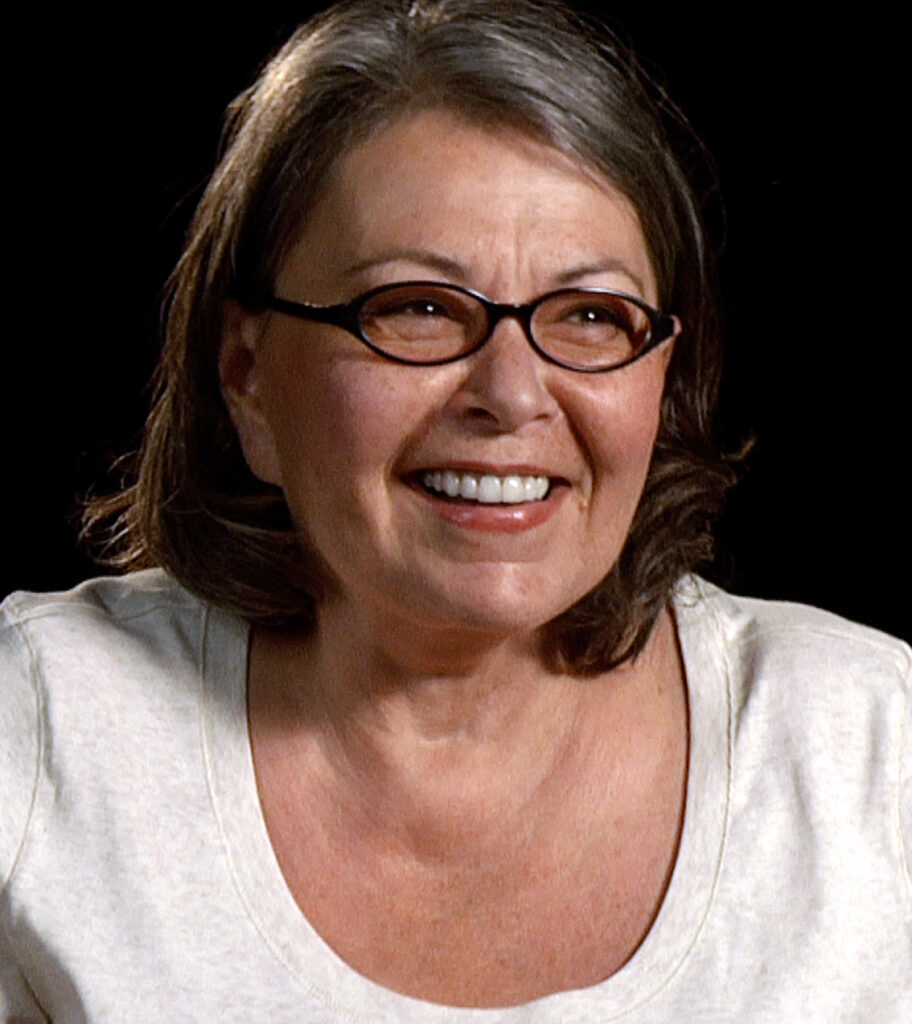
10. **Roseanne Barr: The Offensive Tweet That Erased a Comeback**
Roseanne Barr has long been a polarizing figure in comedy, known for her unfiltered, take-no-prisoners approach. Her eponymous sitcom, “Roseanne,” which originally aired from 1988 to 1997, was a groundbreaking success, cementing her status as a cultural icon. Decades later, a highly anticipated revival of the show premiered in 2018, tapping into fervent fan nostalgia and once again achieving significant ratings. The network, ABC, quickly greenlit a second season, signaling a triumphant return to mainstream television for the veteran comedian.
However, this celebrated comeback was abruptly and entirely derailed by Barr’s own actions. On May 29, 2018, she posted a series of deeply offensive comments on Twitter, most notably comparing Valerie Jarrett, an Black woman and former senior advisor to President Obama, to a character from the “Planet of the Apes” film franchise. This racist remark ignited an immediate firestorm of criticism and widespread condemnation across social media and traditional news outlets.
The public and industry response was swift and absolute. ABC, recognizing the irreparable damage to their brand and the profound offense caused, canceled the highly anticipated second season of the “Roseanne” revival before production could even begin. Barr initially attempted to deflect blame by attributing her tweets to the sleep aid Ambien, but she later admitted on Fox News that the incident “cost me everything” and expressed regret, wishing she “worded it better.”
In an unprecedented move, ABC reconfigured the canceled “Roseanne” into a new series titled “The Conners,” effectively removing Barr from the narrative entirely. Her character was killed off before the pilot episode, signifying an absolute professional severance. Though “Roseanne” and “The Conners” eventually featured their own finales, Barr’s presence in the latter was reduced to a mere reference at her character’s grave, symbolizing her complete professional exile.
Roseanne Barr’s case serves as a stark reminder that in the age of instantaneous digital communication, offensive public statements can have immediate and devastating consequences for even the most established careers. Her inability to rein in her controversial rhetoric resulted in the complete collapse of her network television comeback, leaving her permanently canceled from a show that once bore her name and defining her legacy by an unforgivable misstep.

11. **Katherine Heigl: The Price of a “Difficult” Reputation**
Katherine Heigl rose to prominence throughout the 2000s, establishing herself as a formidable talent in both television and film. Her award-winning performance on “Grey’s Anatomy” captivated audiences, while starring roles in romantic comedies like “27 Dresses” showcased her charismatic appeal and comedic timing. Heigl was a rising star, seemingly on an unstoppable ascent to A-list status, with a bright and promising future in Hollywood, characterized by a string of successes and a growing fan base.
However, her career momentum began to falter due to a series of controversial comments and perceived bad decisions that cultivated a challenging reputation. While promoting the hit film “Knocked Up,” which grossed nearly $220 million on a $30 million budget, Heigl publicly criticized the movie. In an interview with Vanity Fair, she described it as “a little sexist” for portraying women as “shrews, humorless, and uptight,” a remark that surely ruffled feathers within the production team.
The same year, Heigl made another significant move that further damaged her professional standing. She publicly withdrew her name from Emmy consideration for “Grey’s Anatomy,” stating she “did not feel that I was given the material this season to warrant” a nomination. This perceived slight directly angered her producers and writers, solidifying a reputation for being “difficult” and ungrateful within the industry, a label that can be notoriously hard to shake off in Hollywood.
Things continued to devolve for Heigl, and she eventually left “Grey’s Anatomy” when her contract concluded. While she continued to work, her star dramatically fell. The combination of her public criticisms and the perception of being unappreciative significantly limited her opportunities in high-profile projects. Nowadays, Heigl is often seen in made-for-TV movies or minor roles, having moved to Utah with her family in 2010, effectively leaving much of her old Hollywood life behind.
Katherine Heigl’s experience illustrates how an actor’s public statements and professional conduct, even when rooted in personal artistic integrity, can inadvertently foster a reputation that stifles career growth. Her story is a cautionary tale of how quickly perceived negativity can lead to a professional downturn, transforming a once-bright star into a marginalized figure in the fickle world of entertainment.

12. **Terrence Howard: The Million-Dollar Miscalculation**
Terrence Howard, a powerful and captivating actor, had made a significant impact on Hollywood with critically acclaimed roles in films like “Crash” (2004) and a prominent role as James “Rhodey” Rhodes in the Marvel Cinematic Universe’s debut, “Iron Man” (2008). His performances showcased a raw talent and intensity that positioned him for continued success, especially within the burgeoning superhero franchise. He was poised to become a recurring and vital figure in one of the most successful film series of all time.
However, Howard’s promising trajectory in the MCU was abruptly derailed by a pivotal financial dispute. When negotiations began for “Iron Man 2” (2010), he refused a $1 million deal, demanding significantly more for his return. This decision, driven by a perceived underpayment for his initial role and a desire for greater compensation, ultimately proved to be a critical miscalculation in his career.
The studio, rather than meeting his demands, opted for a change. Terrence Howard was replaced in the highly anticipated sequel by Don Cheadle, who has since become synonymous with the War Machine character across multiple Marvel films. This casting change had profound implications for Howard’s career, as he missed out on the sustained visibility, financial benefits, and industry leverage that a long-term role in a major franchise would have provided.
Following his departure from the Marvel Cinematic Universe, Howard’s career trajectory noticeably shifted, fading from prominent leading roles to smaller, less visible projects. While he continued to find work, none offered the same level of global exposure or impact as being part of the MCU. The decision to walk away from “Iron Man 2” at a critical juncture undeniably cost him a key role in one of Hollywood’s most lucrative and influential franchises.
Terrence Howard’s story serves as a cautionary tale about the delicate balance between financial ambition and career longevity in Hollywood. It highlights how a single, high-stakes negotiation, if misjudged, can close doors to unimaginable opportunities and fundamentally alter an actor’s professional path, illustrating that sometimes, the price of demanding more can be losing everything.
From bizarre conspiracy theories to public acts of defiance, from staged crimes to controversial tweets, and from “difficult” reputations to financial demands gone awry, the pathways to professional downfall in Hollywood are as varied as the talents themselves. These compelling stories underscore a harsh truth: while talent may open doors, it is character, conduct, and often, shrewd negotiation that ultimately determine how long one remains inside the inner sanctum of stardom. In an industry where public perception is paramount, and digital repercussions are immediate, every action carries the weight of a career, making these tales indelible reminders of Hollywood’s unforgiving nature and the many ways an actor can, unfortunately, kill their own career.

